The "Introduction to Computer Vision and Image Processing" course (EEB215) at Yuan Ze University invited two excellent speakers from Thailand to give two speeches on the course. Through online exchanges, they shared their experience and research knowledge in image processing.
Professor Chih-Yang Lin from Yuan Ze University initiated this webinar in collaboration with Mahidol University in Thailand and the online seminar was held on May 13 and May 20, 2022. It is an honor to have two well-known experts speak at the online seminar: Dr. Tipajin Thaipisutikul (MU, Thailand) and Dr. Suppawong Tuarob (MU, Thailand)。
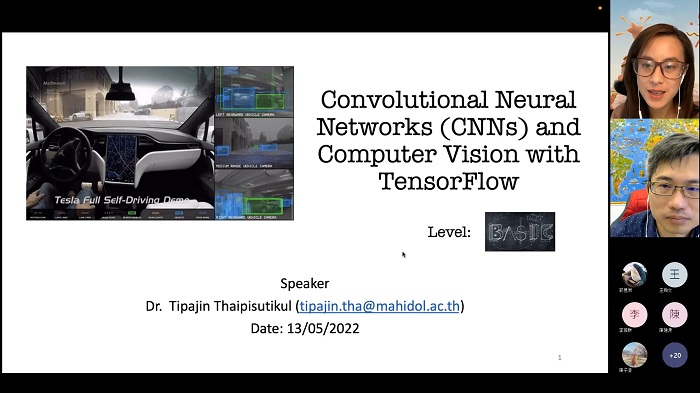
Prof. Tipajin gave the first webinar and explained in detail the basic concepts in the field of image processing, including Convolutional Neural Networks, CNNs, and computer vision technology using TensorFlow. In addition to introducing the architecture and calculation methods of ANNs and CNN neural networks, Professor Tipajin explained how TensorFlow trains deep learning models in a simple and easy-to-understand way. Professor Tipajin also explained and demonstrate CNN code with TensorFlow, allowing students to combine theory and practice to gain a deeper understanding of computer vision.
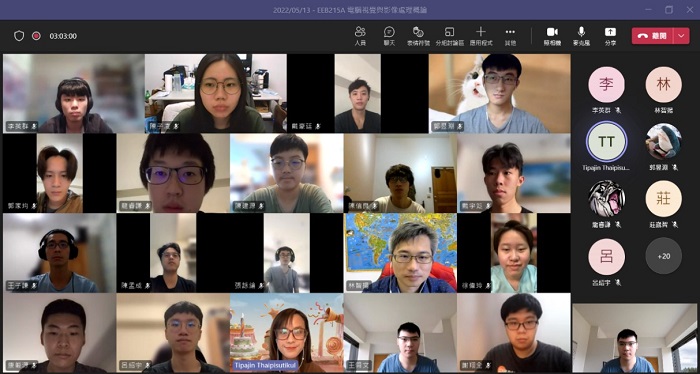
The second webinar was presented by Professor Suppawong, who explained the concepts and methods of Object Detection, Object Tracking, and introduced various detection methods detectors, and trackers, including YOLO, FairMOT, and others. Professor Suppawong also introduced Humanet and showed the video processed by Humanet technology, which is a pedestrian detection and tracking technology in the field of object detection, allowing students to gain a deeper understanding of object detection and tracking.
Next, Noppachanin Kongsathitporn, who studies Asteroid Tracking using object tracking technology as part of his graduate studies at Mahidol University in Thailand, shares his research on asteroid tracking using object tracking technology. The technology could be incorporated into satellites to detect and avoid asteroids one day.
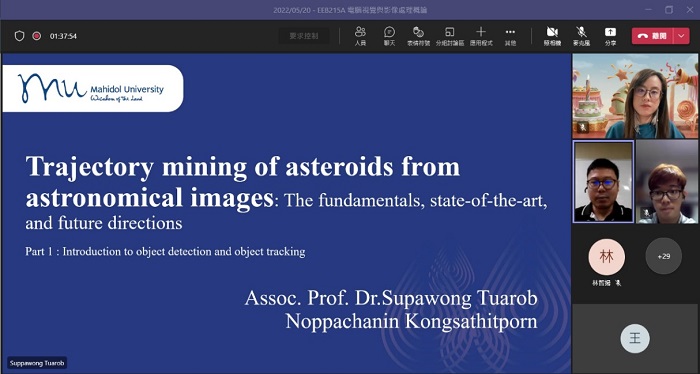
Each was more than two hours long for each webinar, including a question-and-answer session that allowed foreign professors and students to deepen their communication. Along with students from YZU who took the "Introduction to Computer Vision and Image Processing" course, a few students from Mahidol University also joined the online course. In addition to learning more about computer vision, Yuan Ze University students will also be able to meet students from other countries with whom they can potentially collaborate in the future. Participants in this webinar rated it highly, saying that it was beneficial to them.
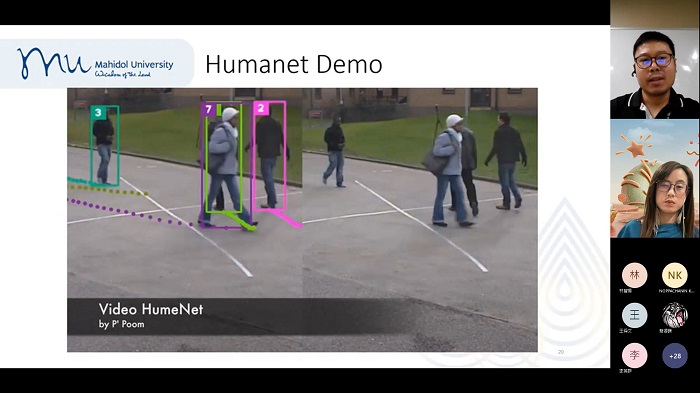
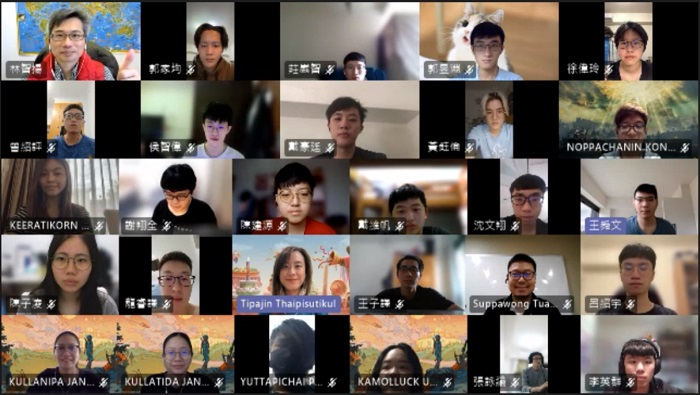

 en
en  繁
繁